CEDHARS
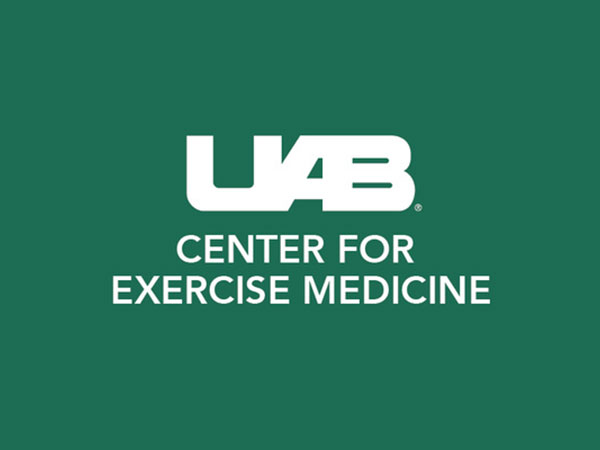
UAB Center for Exercise Medicine requesting applications for pilot grant
The UAB Center for Exercise Medicine (UCEM) is pleased to announce an RFA to fund pilot research that focuses on Muscle Research related to basic biology, disease, and/or exercise. Research related to any of the muscle types (skeletal, cardiac, smooth muscle) is relevant to this RFA.
Read more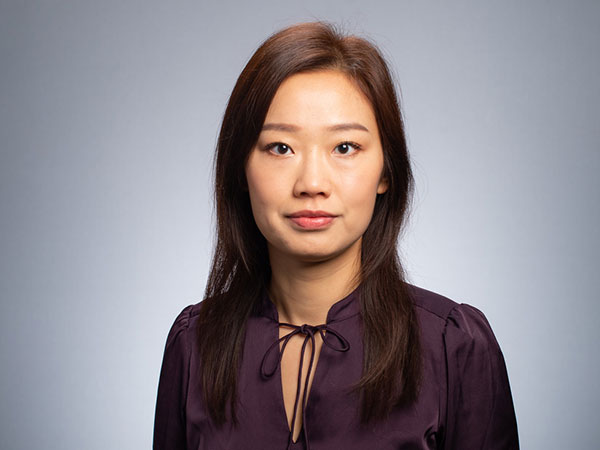
CEDHARS pilot grant looking at diet for patients with spinal cord injuries
Postdoctoral fellow in the Heersink School of Medicine’s department of physical medicine and rehabilitation Dr. Jia Li is channeling the CEDHARS spirit by extrapolating her prior research to include people with disabilities.
Read more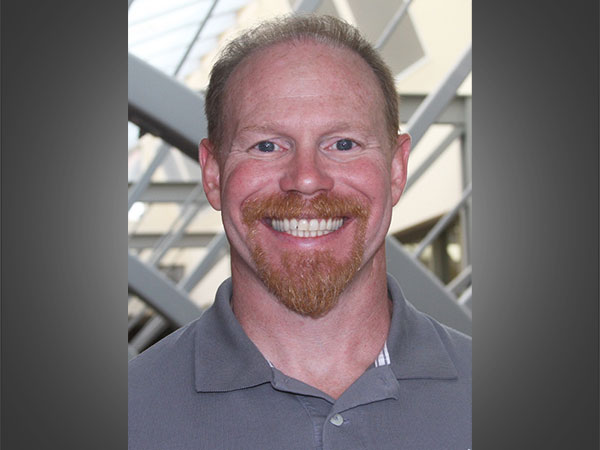
Seminar Series focuses on geriatric issues, will feature adaptive sports expert
The seminar series hosted by CEDHARS continued with a presentation on a novel approach to neurodegenerative geriatric conditions, and the center is excited to welcome adaptive sports expert Dr. Justin LaFerrier today.
Read more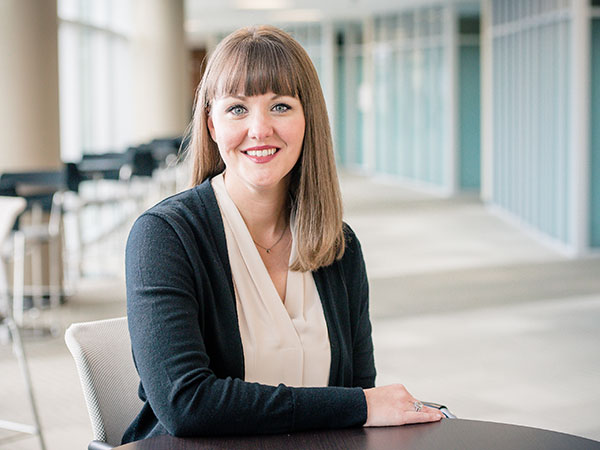
From combining backgrounds to DOD study on dietary interventions for MS
Dr. Brooks Wingo was a clinical social worker, looking for solutions for her patients who experienced weight gain as a side effect for a new and effective psychosis medication, when she decided to marry her interests and get a doctorate in health education and promotion from UAB’s School of Public Health.
Read more
Turning the corner on increasing visibility of UAB students with disabilities
"Disabled and equally capable as before."
Read more
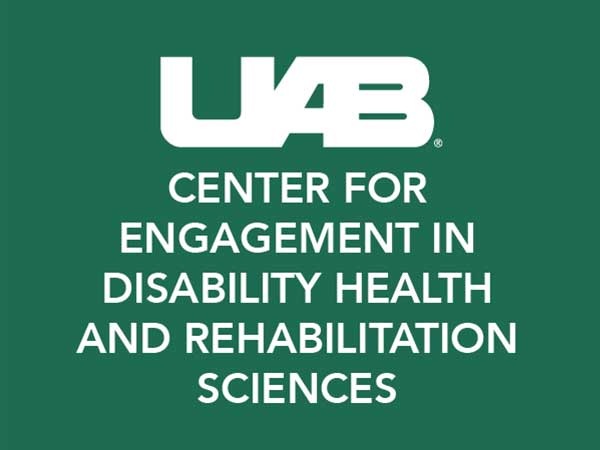
Seminar speaker series rolls on
Rachel Ashcraft, licensed occupational therapist and TBRI practitioner, gave a seminar presentation on April 21 titled “A Case for Trauma Informed Care Across Healthcare Settings.”
Read more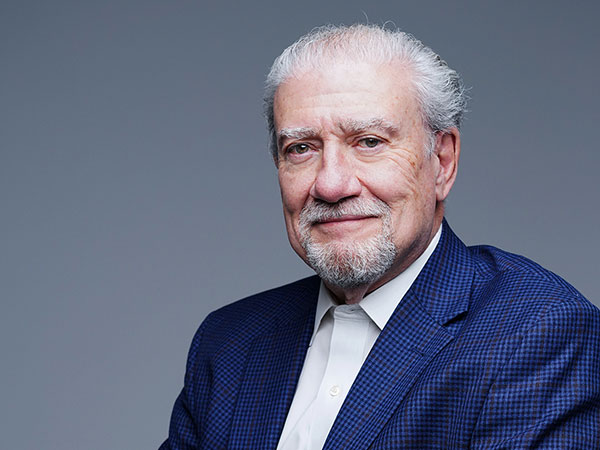
Lakeshore CEO joins panel on disability, employment
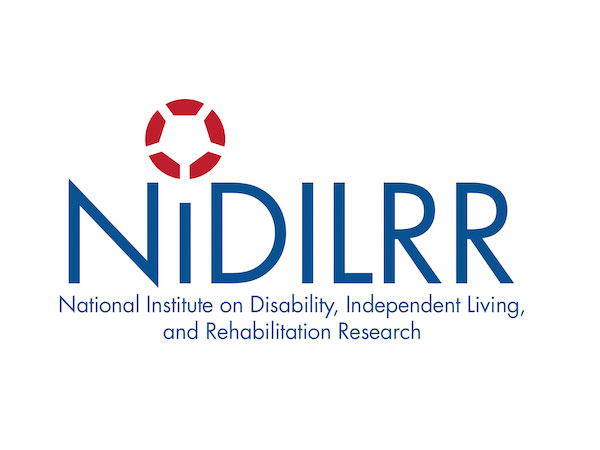
NIDILRR director gives updates on funding opportunities
The Director of the National Institute on Disability, Independent Living and Rehabilitation Research Dr. Anjali Forber-Pratt gave updates on the organization recently at a grantee stakeholder meeting.
Read more
People with disabilities need affordable wheelchair scales
Generally speaking, most people are aware of the health risks associated with being overweight or obese. The more a person weighs, the more likely they will be prone to type 2 diabetes, coronary heart disease, gallbladder and liver complications, stroke, depression, and other serious health risks.
Read more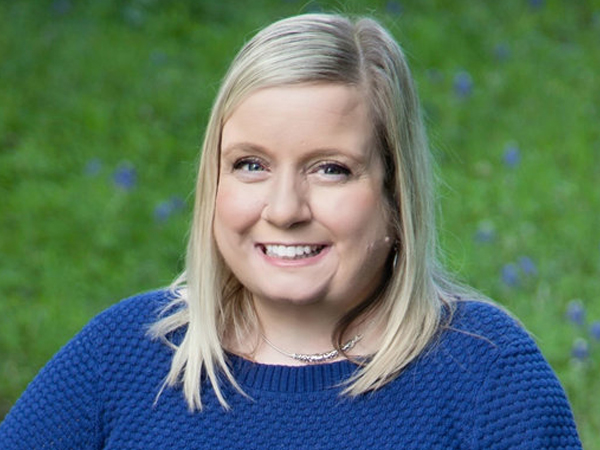
Expert gives insight on disability, language, identity
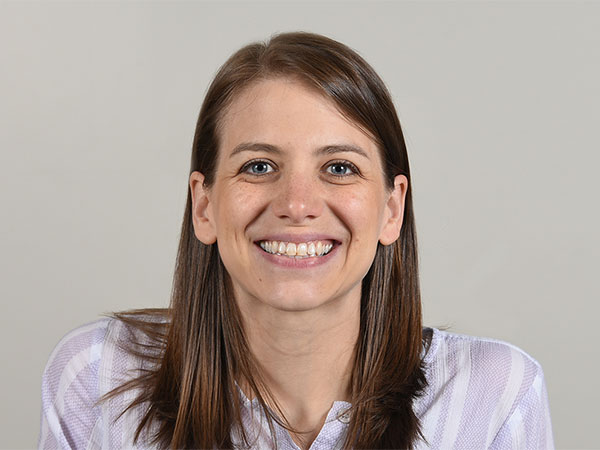
Let’s talk about disability
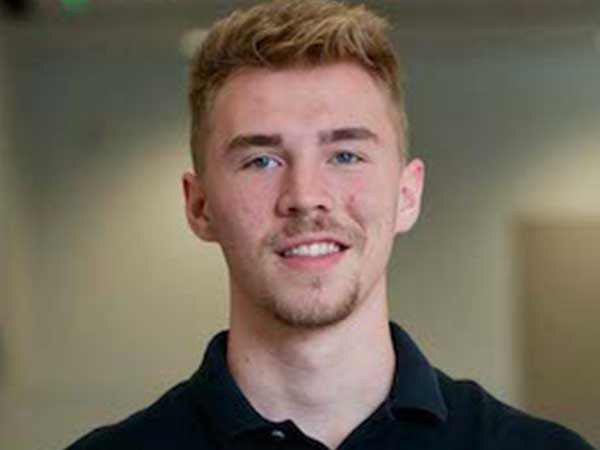
Six months at the collaborative
A week ago today marked exactly six months at UAB and in my role of Communications Specialist for CEDHARS and the Collaborative. In part, I was excited about the position because I knew the culture at UAB and especially Lakeshore would be extremely conducive for someone with a disability joining the workforce.
Read more
What’s this thing called inclusion science?
I’ve been tossing the inclusion science term around the past few years, and I occasionally see a few people scratching their head wondering what this actually means. Personally, I consider it a way for UAB researchers to differentiate themselves. There are several reasons why.
Read more
CEDHARS Seminar Series returns
The CEDHARS Seminar Series, co-sponsored by the Rehabilitation Sciences PhD program, has returned, kicking off with a pair of presentations on Thursday, March 24, and Tuesday, March 29, featuring presentations on optimizing patient outcomes.
Read more
Q&A with Lakeshore Foundation CEO John Kemp
Just a handful of months on the job, Lakeshore Foundation CEO John Kemp sat down with CEDHARS News for a conversation on his background, the foundation, and the future of its relationship with the Collaborative.
Read more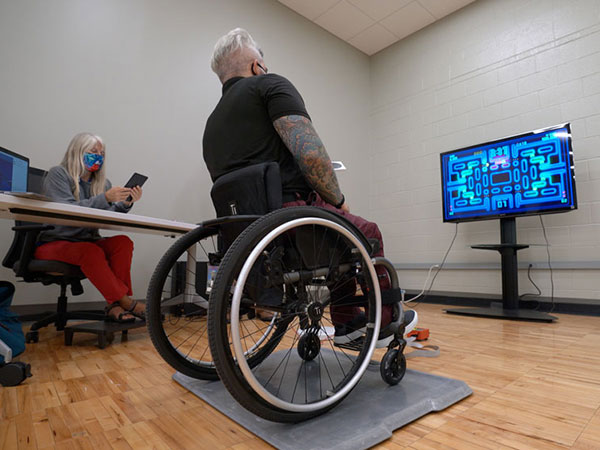
Postdoc making video games inclusive, accessible
In 2009, Nintendo sold over 26 million units of the Wii active videogaming system, giving rise to active videogames, or AVG, and revolutionizing the gaming experience. Now, Dr. Christen Mendonca is using pilot grant funding awarded by CEDHARS in February 2022 to potentially develop a new revolution to the gaming experience – this time with regards to inclusivity and accessibility.
Read more
Diversity, equity, and inclusion may have originated with parents who fought for their child with disabilities to be included in local public schools
Before the mid-1970s, most children with disabilities were educated in “special” schools for “special” children. The word in itself was offensive to parents and children who didn’t want to be labeled special; all they wanted was to be accepted. Sadly, children with disabilities would “graduate” from a school system completely void of any social contact with their so-called peers, and significantly underprepared to enter college, let alone the workforce. Many returned home to live with their parents for much of their adult life.
Read more
When a label creates injury and harm to others
We often take for granted certain terms or phrases we hear in the media describing a person who happens to have a disability. Many of us presume (incorrectly) that if it’s heard in the media, it must be okay. Unfortunately, when it comes to “characterizing” someone with a disability, disability scholars refer to this as judgmental terminology or ableism.
Read more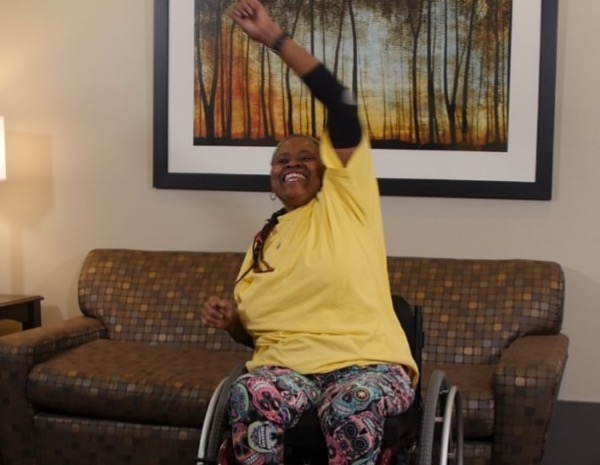
MENTOR re-launches to serve larger population
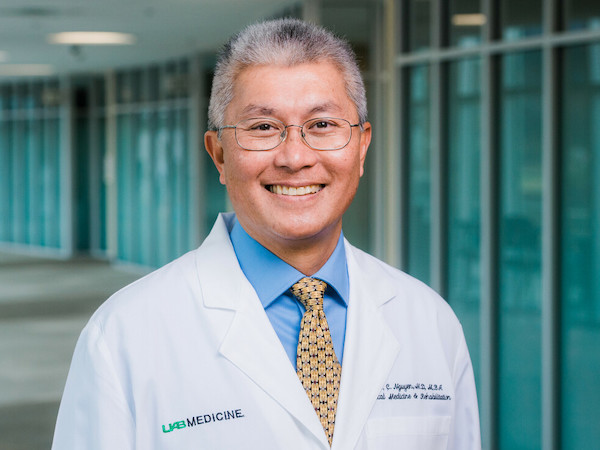
New chair of PM&R sees department, collaborative as ‘sleeping giants’
Although Dr. Vu Nguyen knew he wanted to be a doctor as early as seventh grade, the self-proclaimed lifelong learner had some of his most impactful professional experiences in the military.
Read more